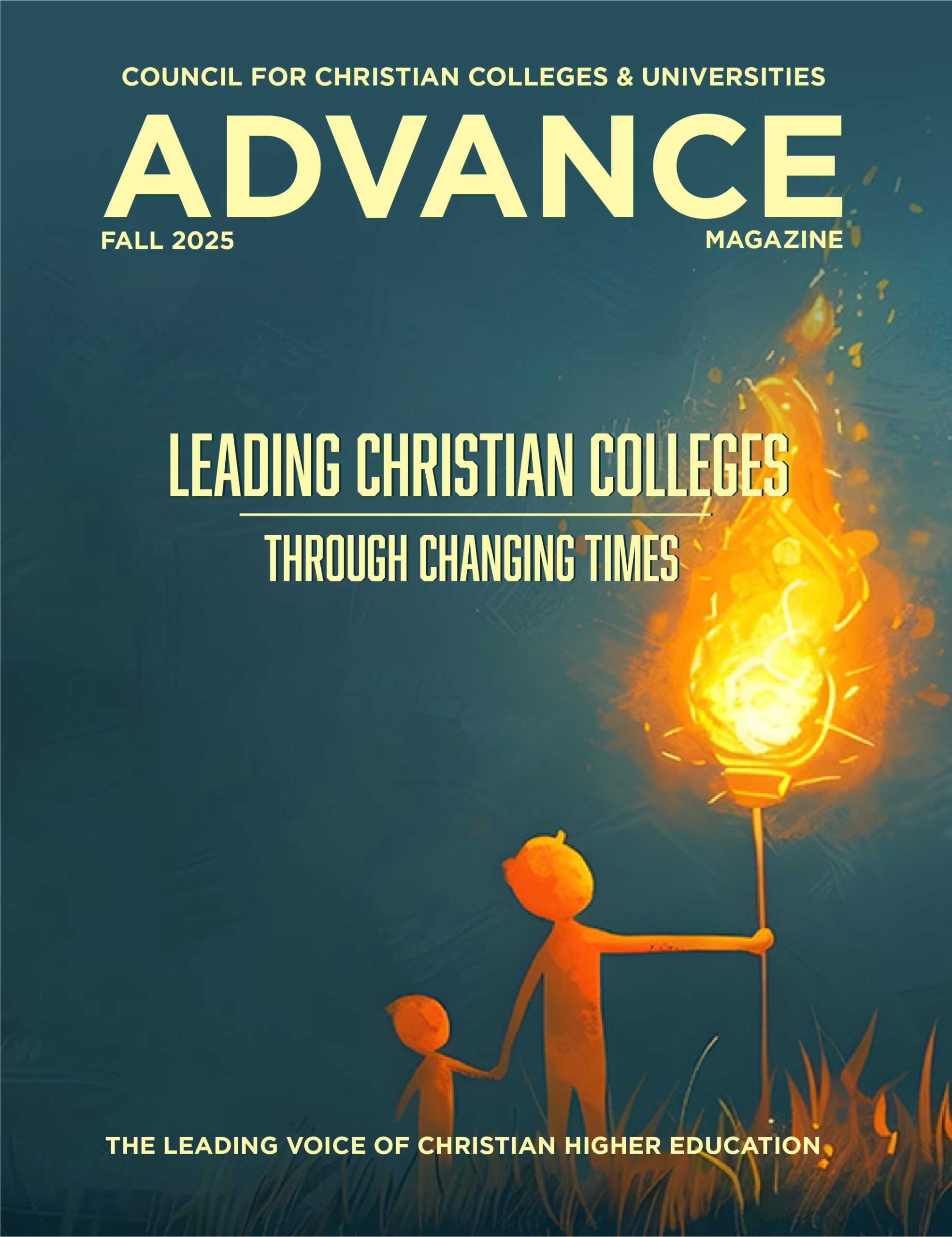Magazine
In 2020, the pandemic significantly impacted all businesses, including educational institutions. We saw the warning signs and trends pointing to massive job turnover before the Great Resignation became a reality, and we continue to see evidence that the job churn of the past year is likely to stick around for at least a couple more.
We have helped hundreds of educational institutions, nonprofits, and churches navigate this brave new world. As we continue to serve and learn, we are seeing best practices emerge that we believe can help mitigate the impact of the turnover that we believe will be with us for at least the next two years.
- Enable—and encourage—open communication. In seasons of transition, it is critical that open communication between faculty, administration, students, and boards is not only allowed, but encouraged. During times of transition, people assume the worst, not the best. And under-communication is a petri dish for bad assumptions. Smart educational institutions are upping the number of meetings they have (not lowering them), with a clear focus on communication around change. If your team feels able to ask honest questions about their futures at the school, trust will be fostered and stability will grow. One way to immediately encourage this is to perform a culture audit to better understand what is preventing communication. (If you’re interested in learning more on this, my book Culture Wins: The Roadmap to an Irresistible Workplace identifies eight key areas of cultural health.)
- Encourage rest. Anyone on your staff who has stuck around to this point is likely experiencing some level of burnout. The pandemic and the Great Resignation have only exacerbated the burnout dynamic. During lockdowns, everyone was asked to move to more virtual work, which created a myriad of “other duties as necessary” in everyone’s job description. This was especially true in the educational sphere. Chances are, your staff is dealing with personal exhaustion from the pandemic, plus from possibly navigating political and racial strife that has divided congregations, as well as likely changes to job expectations since the onset of the pandemic. Your team has gone from working one job to working two: They’re maintaining the in-person aspect of the school while now having to also foster an online experience for those attending remotely.
For those in Christian education specifically, there are fewer opportunities than ever for a regular sabbath. You need to not only be encouraging your staff to rest but also providing real, practical ways to do so. Consider giving them additional days off to make up for all the extra time they have worked in the past two years. And check in on them; ask them how they spent their time off, and make sure they spent that time resting rather than catching up on work. - Listen. In some ways, this falls under open communication, but it is important that we clarify the ways that leaders should be distinctly listening to their staff. As leaders, we tend to expect to be the ones communicating, rather than being the ones communicated to. Instead of speaking to what you think your staff’s needs are and trying to encourage them, choose to listen for what their needs actually are. Right now, they need you to listen more than you speak. Come up with better, regular, and creative ways to listen to your team members. If they don’t respond one way, try another until you are actually able to hear their needs and adequately respond. Create space for your staff to express their needs, hurts, desires, and expectations.
- Limit working hours. Regardless of whether you think otherwise, it’s not sustainable to work 60-hour weeks regularly. Your staff can’t, either. The human body doesn’t have the bandwidth to sustain that much work, because God designed us to need rest. Consider forming accountability systems to ensure that neither you nor others on your staff are working more than a certain amount. As a leader, this might be frustrating to get used to — we tend to want to pour ourselves completely into our ministerial work and abandon all other needs. But doing so is not as selfless as it seems. You need to set boundaries for yourself and your staff. Ministry in education is a long, long marathon, not a series of sprints. The body may be able to sprint for a while, but eventually it will exhaust itself and cause long-term harm to what it is capable of doing in the future. If you limit how much you and others can work, you will be grateful in the long run.
At Vanderbloemen, because of the breadth of our work, we get to hear from Christian leaders all over the world and the nation. And the key thing we are hearing is that people are struggling in the midst of all of this turnover. We encourage you to have open communication, good policies to protect your staff, and regular rest, but ultimately, no system will be able to fully protect you from turmoil and tiredness. The good news is, at the end of the day, we serve a God whose work cannot be disrupted by the chaos of the world.
As Isaiah 40 says, “He does not grow faint or weary, and His understanding is unsearchable. He gives power to the faint, and to him who has no might, he increases strength.”
William Vanderbloemen is the CEO and founder of Vanderbloemen Search Group, a pastor search firm, and author of Culture Wins: The Roadmap to an Irresistible Workplace.



